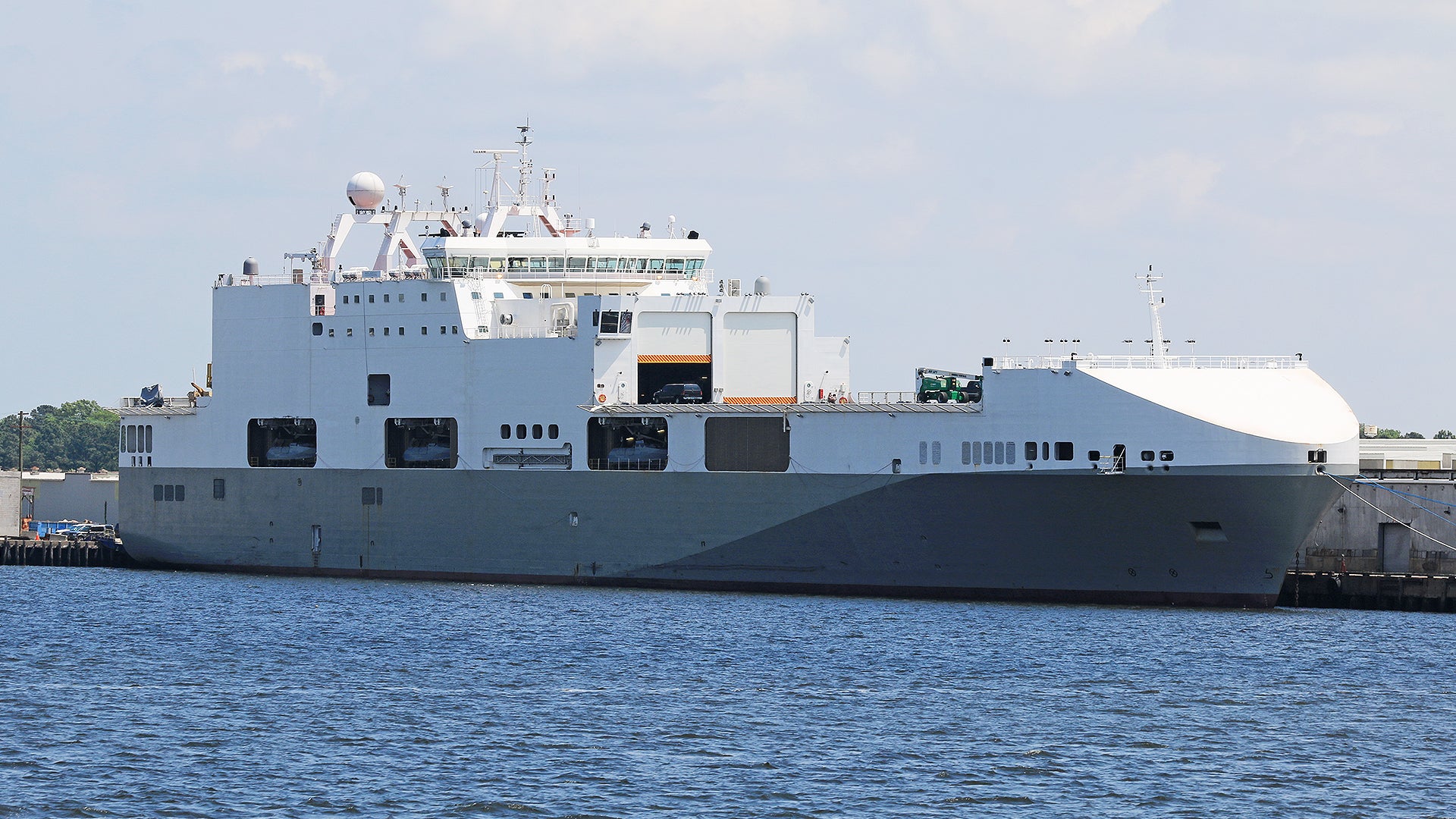Ever since we posted the first known picture of the Pentagon’s full outfitted special operations mothership—a vessel that is truly designed to hide in plain sight—more information about the shadowy ship’s activities has been trickling in. We recently got another fragmented view of it, taken during a port call in Seychelles just two months after it popped up at a dry dock facility in Oman in early January of this year. In the year and a half before its arrival in Oman, it seems to have spent a good amount of time in the Mediterranean and possibly the Baltic Sea as well. But before it left on its maiden voyage in mid-2016, it stopped off in Norfolk, Virginia where it was loaded up with personnel and gear, including what a squad of stealthy special operations fast-boats.
We have wondered what types of craft would fill the now ironically named M/V Ocean Trader’s four launch and recovery bays located on the ship’s starboard side. The most likely option seemed to be rigid-hull inflatable boats, like the 11 meter Naval Special Warfare RHIB. But it turns out the ship totes around far more advanced vessels in the form of the stealthy Combat Craft-Assault (CCA).
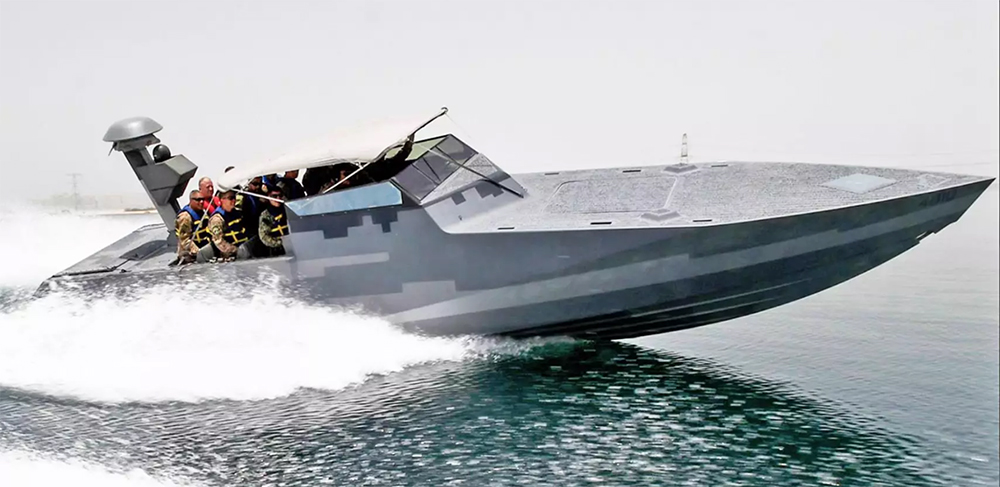
You can read all about the CCA in this past War Zone feature and you can even watch one being tossed out the back of a C-17 in this recent article. But suffice it to say, the type has become a favorite of special operators, and they have been especially active in the Middle East area of operations in recent years.
And yes, this definitely comes to mind when you look at the CCA:

These new images of Ocean Trader came to us from David Kozdron, who was visiting Norfolk in early May 2016. He was on a tour cruise of the bay at the time and thought the vessel looked interesting. After reading our article about it he remembered seeing the ship from that day and had pictures to show for it.
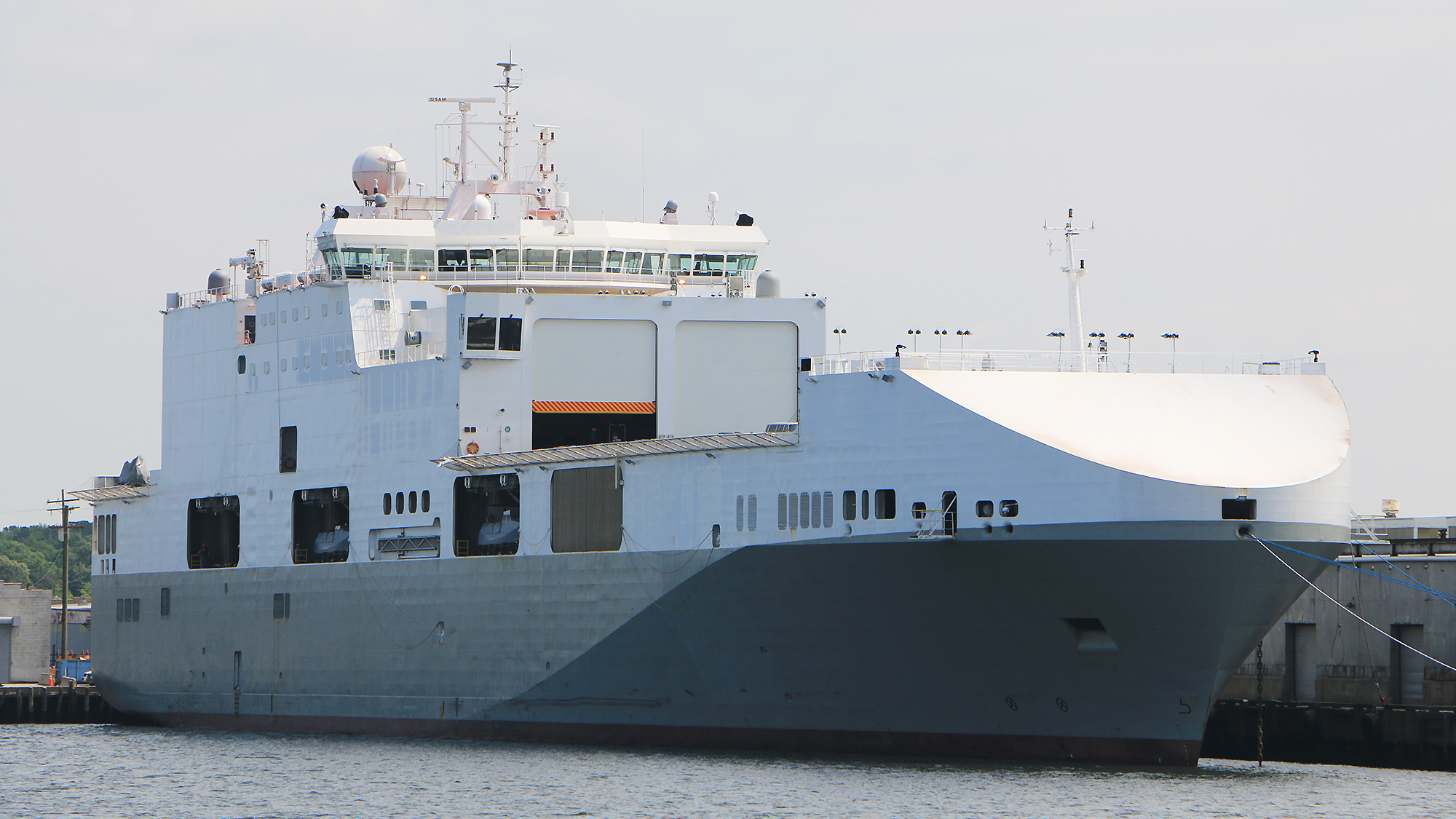
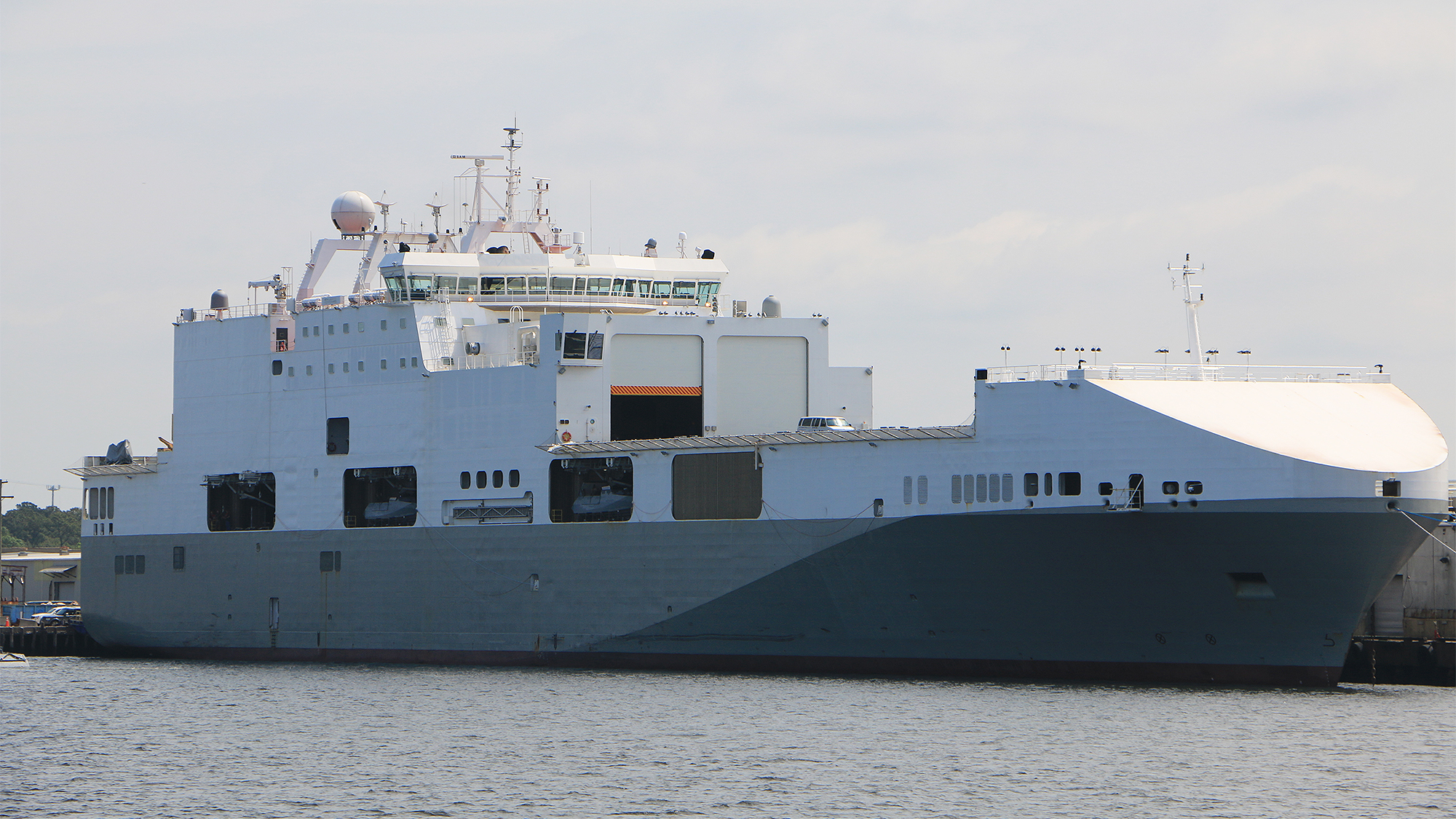
The images are by far the best of the very few photos we have seen Ocean Trader in its finished state. In addition to spotting the types of boats it carries, the photos offer a better view of its massive communications suite and they give a better idea of the overall size of its hangars in relation to the vehicles on its deck.
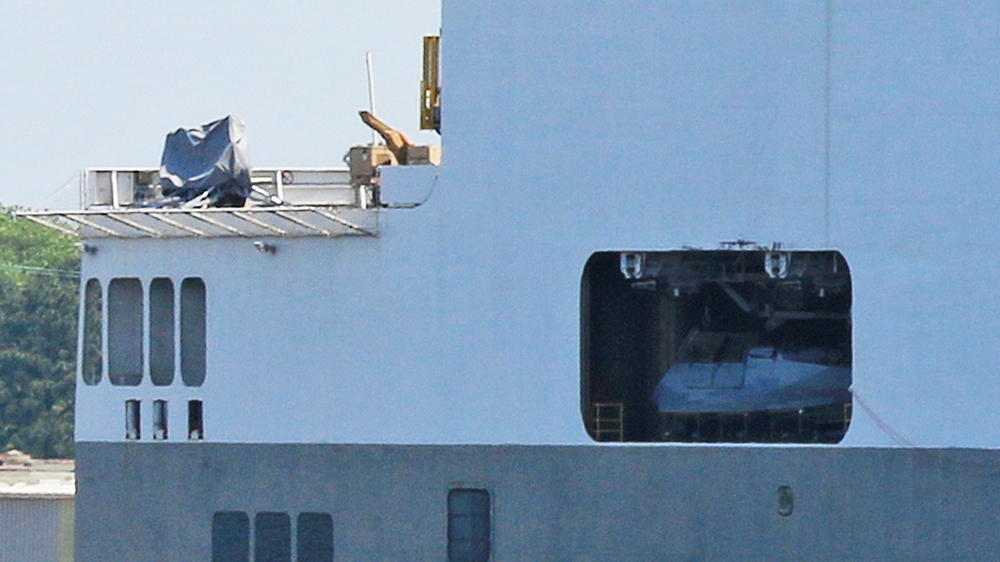
There also appears to be a launcher for Insitu drones on the ship’s stern flight deck area. This makes total sense as those efficient and compact remotely pilot vehicle systems are a favorite not just of the U.S. Navy, but also of special operators. The layout of the ship is also ideal for drone operations as its primary flight deck doesn’t have to be fouled during their launch and recovery evolutions, as is the case on many surface combatants and helicopter-carrying vessels.
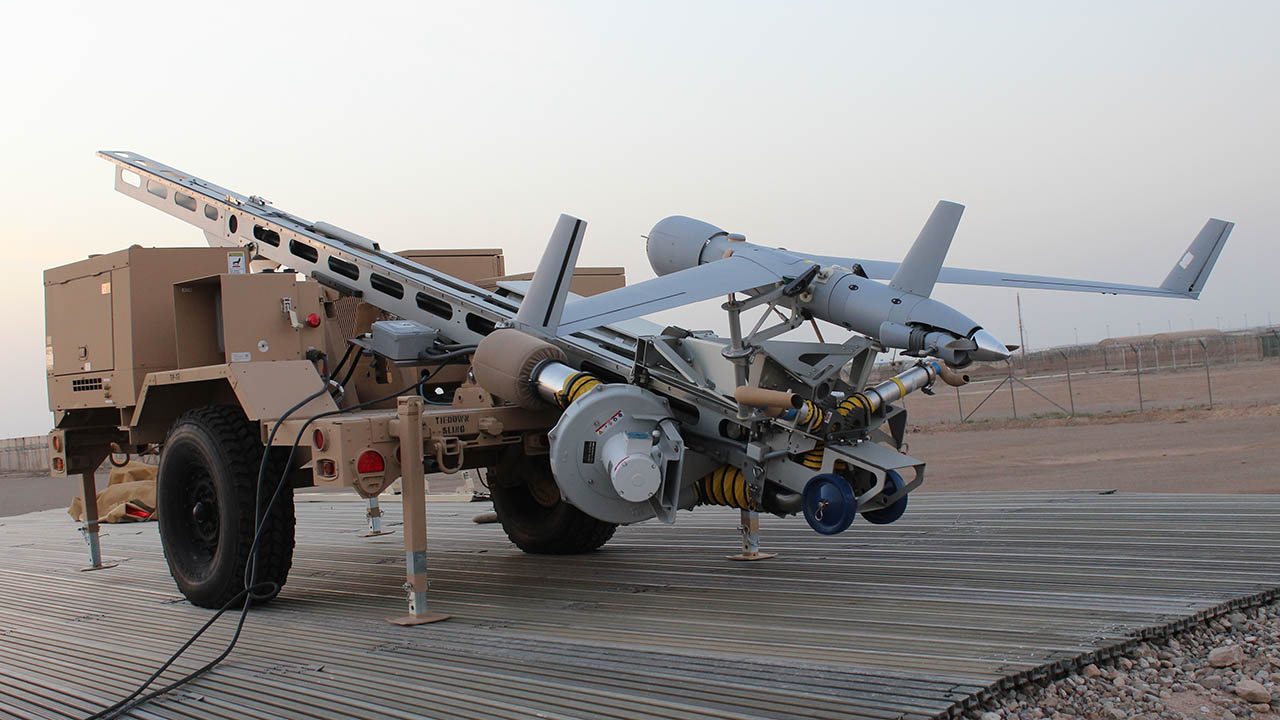
Even though we have finally seen full high-quality exterior shots of the Ocean Trader, who knows when or where it will pop-up next. The vessel is not trackable via its standard Automatic Identification System transponder. But considering the amount of information we have gleaned just in recent weeks following a long period of time when the ship seemed to of all but disappeared, it probably won’t be the last time we will be hearing of this phantom-like vessel.
Contact the author: Tyler@thedrive.com
